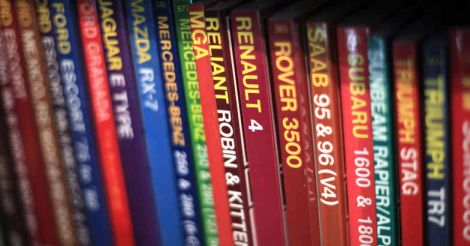A DySP calls up one fine morning and instructs that his son, aged 10, has written a few poems that have to be compiled into a book. The boy with the sudden uncontrollable literary flourish is to be sent to the publisher’s. What needs to be done have to be done...
Such calls are common to publishing houses because these days, all have become poets and when the tally of their emotional exuberance crosses ten in number, they would want all of those ‘gems’ to be packed into a book.
The tendency to publish extends to stories, novels and even memoirs. Not only children, but also those on the wrong side of sustainable age harbour such desires. When the pressures of such people increased, publishers found out a solution and called it Self Publishing. Under this ‘publishing’ model, books would be printed, bound and packed- ready to be marketed with the publisher’s name and label. The author needs to pay for this and then start marketing it. This, perhaps, is exactly what the bespectacled man (or woman) across the street would have done before claiming that they have published a book with a reputed publisher. When you get a chance to get hold of the book and peruse the content, you would soon understand that the publisher is a subsidiary of this 'reputed publisher.'
When publishers were flooded with mediocre manuscripts of wannabe writers and poets, they could either dump them in the nearest dust bin or publish them at the expense of the wannabe writer. It is obvious what option makes sound business sense. So a subsidiary was incorporated to publish such material and the published material-made beautiful and appealing-would be send back to the author, en masse.
Such books usually end up as unread copies on shelves of small libraries or book stores, as books marked to be given away in personal collections or as coffee table books that only serves the purpose of paper weights in their lifetimes. Such an author with wound never have to search for another gift because the books can be thrust on any unsuspecting host or visitor. Finally, when the remaining books become too onerous to maintain, they will find their rightful place in the yard of a scrap market that is farthest away from home of the author.
A prominent English publishing house with foreign origins has many schemes to cater to such authors. A 200-page book would cost you Rs 1.5 lakhs to Rs 2 lakhs, handling charges Rs50,000 would be extra. Since such people have an array of translators and editors at their disposal, the literary pieces would soon be transported back to the author in one piece.
Now that many children have started to write after reading Harry Porter, such publishing houses are making a quick buck exploiting the sentiments of parents who want their children to be famous. Some enterprising parents, who are ‘Hari Potters’ themselves, try to publish their kids' books at low-cost local printers. Perhaps it is a business opportunity for small presses to look out for.
The downside of such unrestrained, torrential creativity is that some good works are also easily missed in the melee. In some rare cases in the state, good books received good response from critics and the authors were soon approached by the publisher. The publishing business has helped to highlight the rare author or literary work of quality - as happened in the case of English professor Hayarunnisa's Butter Fingers, which was accepted by Puffin Books, a unit of Penguin Books.
Tail Piece: New Malayalam poets who felt that their works were not receiving adequate response have now started to translate their works into English. The left side page of their book would carry the Malayalam poem, while the right side pages of the book would carry the translated version; call it a literary double whammy.

























